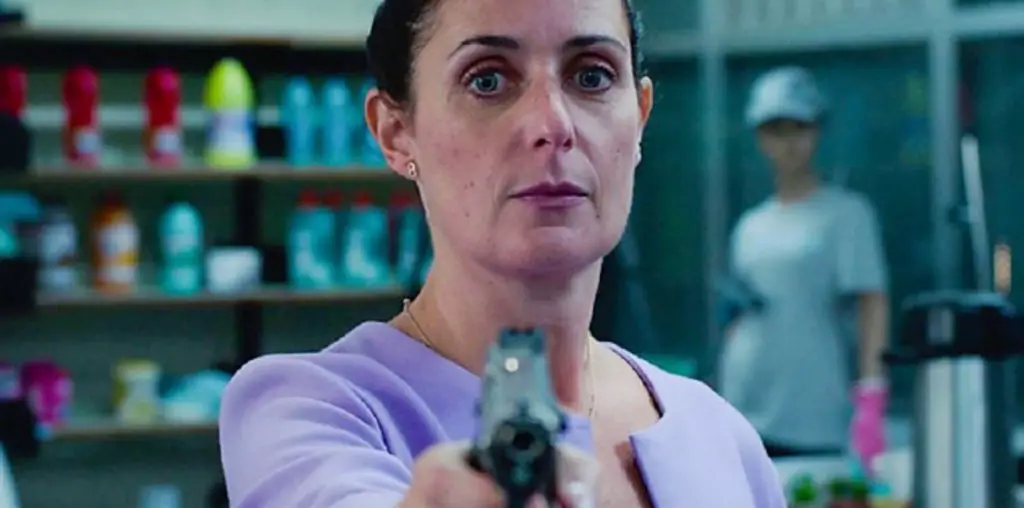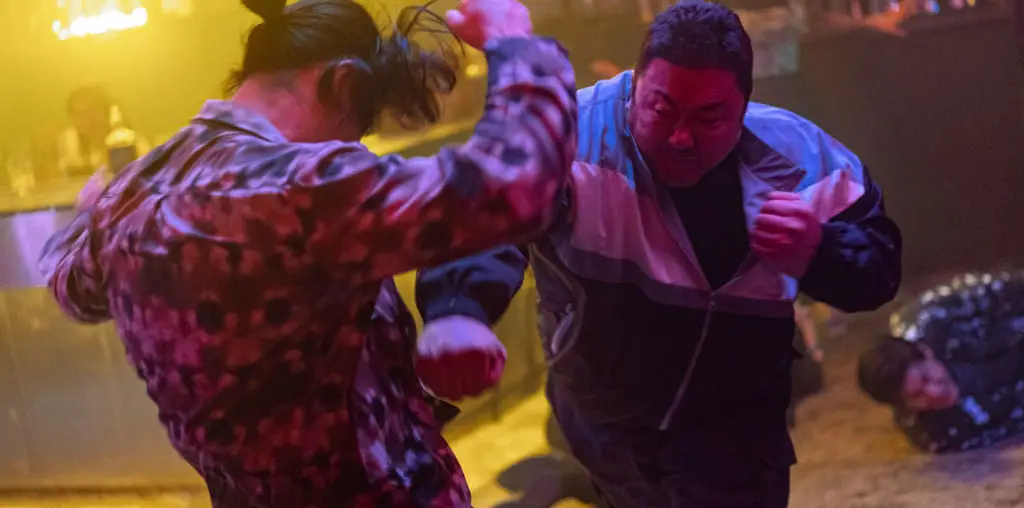
Julia Solomonoff’s “Hermanas” opens in Walnut Creek, Texas, in 1984, with a reunion of two estranged sisters. Elena is living a comfortable suburban life as a stay-at-home mom – she has a cute and smart eight-year-old in the local school and a successful (not to mention soap star good-looking) husband happily supporting her lifestyle. Her sister Natalia, a globetrotting journalist, drops in for an extended visit. Together they dig through an unpublished manuscript left by their late father. Although the manuscript is a novel, it is actually a thinly disguised autobiography of what transpired a decade earlier, when Elena and Natalia were coming of age in Argentina while that country was being torn asunder the military government’s war on its own people. Needless to say, extended flashbacks to that tumultuous era explore the betrayals and crises that tore Natalia and Elena’s world apart.
“Hermanas” plumbs a tragic period in Argentine history, yet the film’s pacing is so slack that genuine emotion is absent from the proceedings. Solomonoff’s screenplay unwisely telegraphs key events long before they turn up on screen, and her direction is so slovenly that “Hermanas” often feels like a surveillance video with English subtitles.
Valeria Bertucelli and Ingrid Rubio as Elena and Natalia barely register for the camera, either in their adult incarnations or as the mod teens of 1975 Argentina (the shaggy hairstyles and funky clothing only accentuates their obvious lack of youth). Neither woman appears capable of acting (their line readings sound robotic and their body language is awkward), and the supposedly dramatic scenes they share results in a double dose of monotony.

